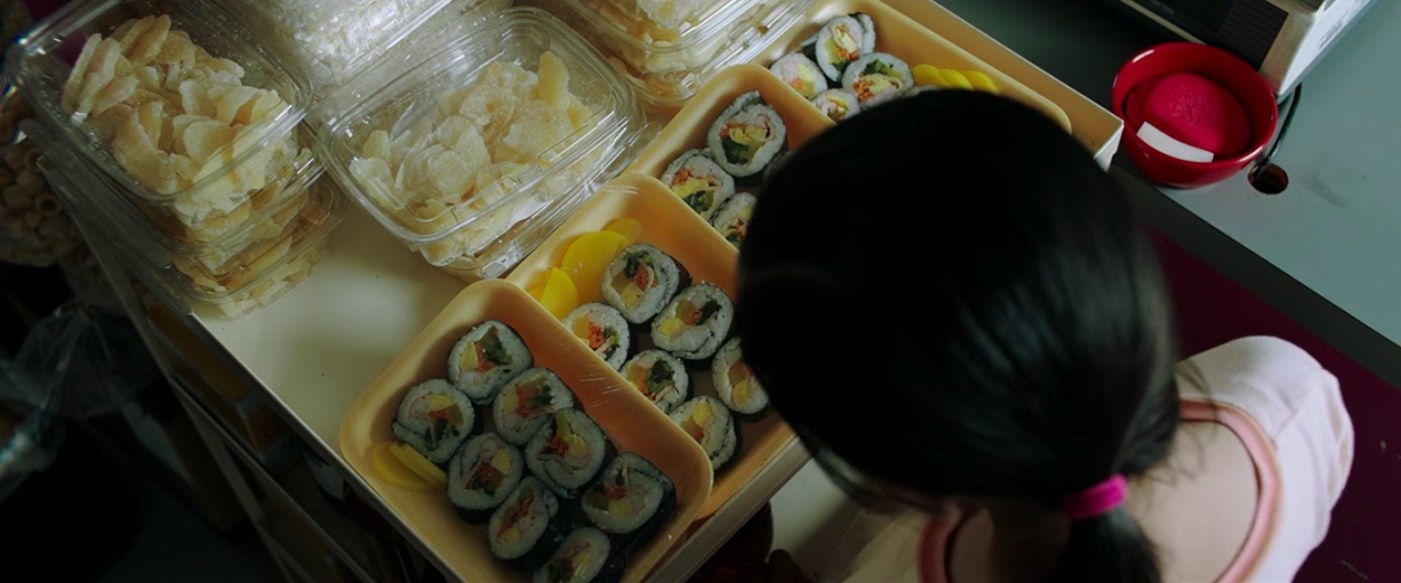Minari is one of the most acclaimed movies to come out this year.

It's easy to see why. In addition to a perfect cast, the movie comes together beautifully with a soundtrack you'd want your own movie set to and thoughtful cultural details that fill every scene with nostalgia and meaning.
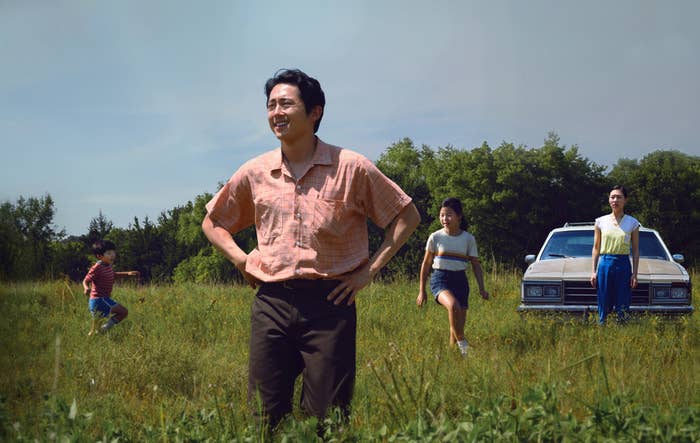
Here's a rundown of all those rich details that made the movie so moving:
And by the way, it's possible that a few or a lot of these cultural elements aren't exclusive to the Korean community. If you know of any I missed, leave them in the comments!
1. Soon-Ja, Monica's mom, picks David's ear using a traditional Korean ear pick.
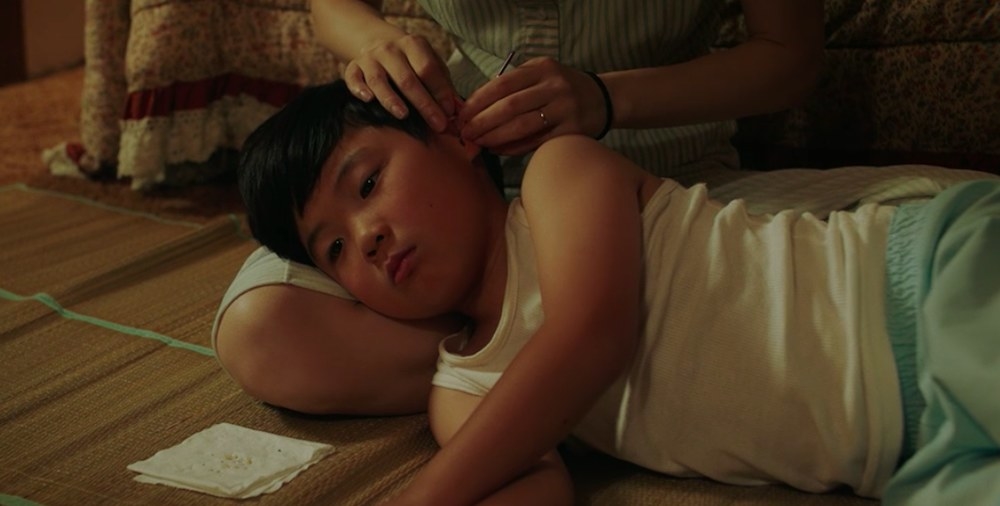
2. David is forced to raise his hands as punishment for pranking his grandma.
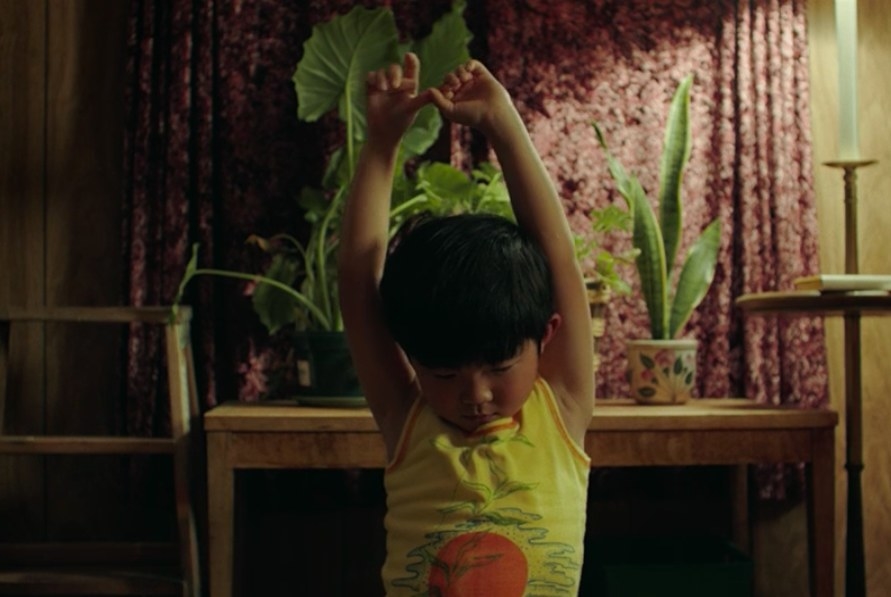
3. Soon-Ja sleeps on a hard rectangular pillow for better posture.
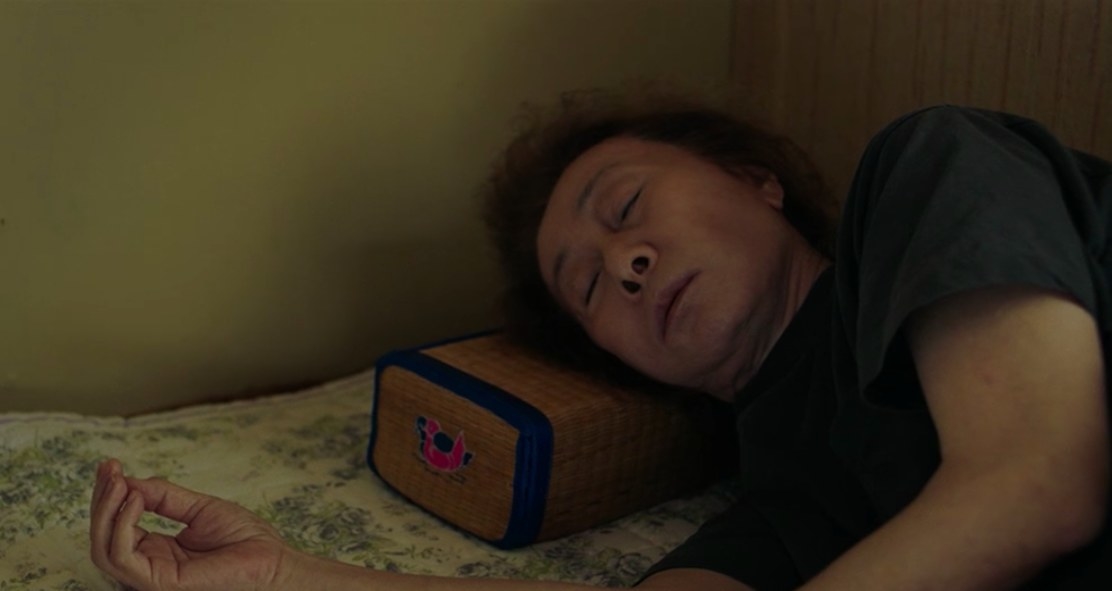
4. Along the same lines, Soon-Ja sleeps on the floor not because she's forced to, but because in Korean culture, a hard horizontal surface is preferred for better spinal alignment.
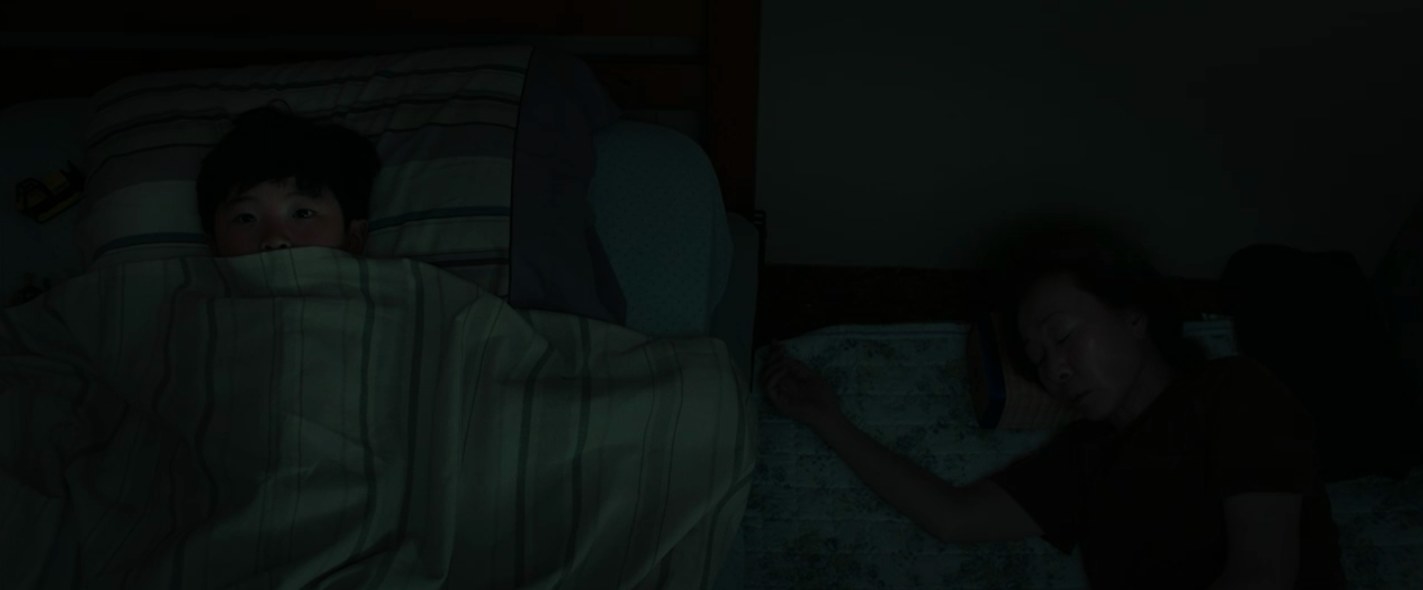
5. David is forced to drink a dark liquid called Hanyak, which is widely considered a cure-all for various illnesses.
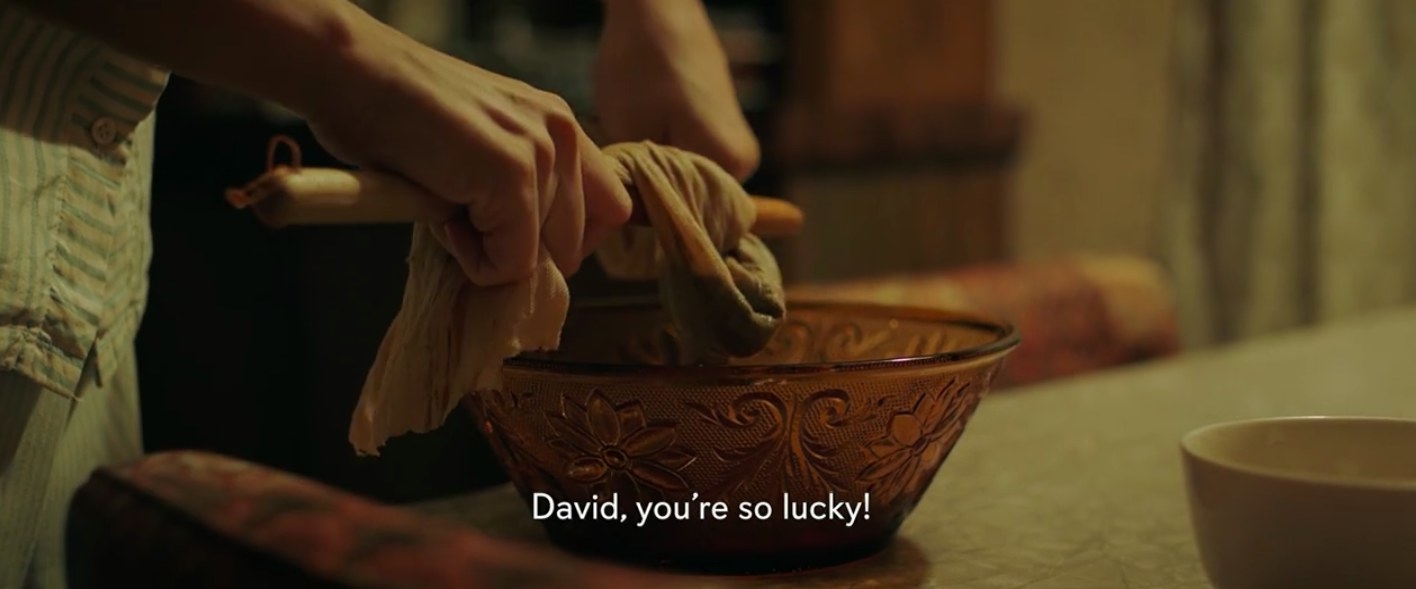
6. Through the movie, Jacob refers to Monica as "Ji-Yung's mom" (while Jacob is referred to as "Ji-Yung's dad"). In Korea, this is a common form of address among spouses and friends.
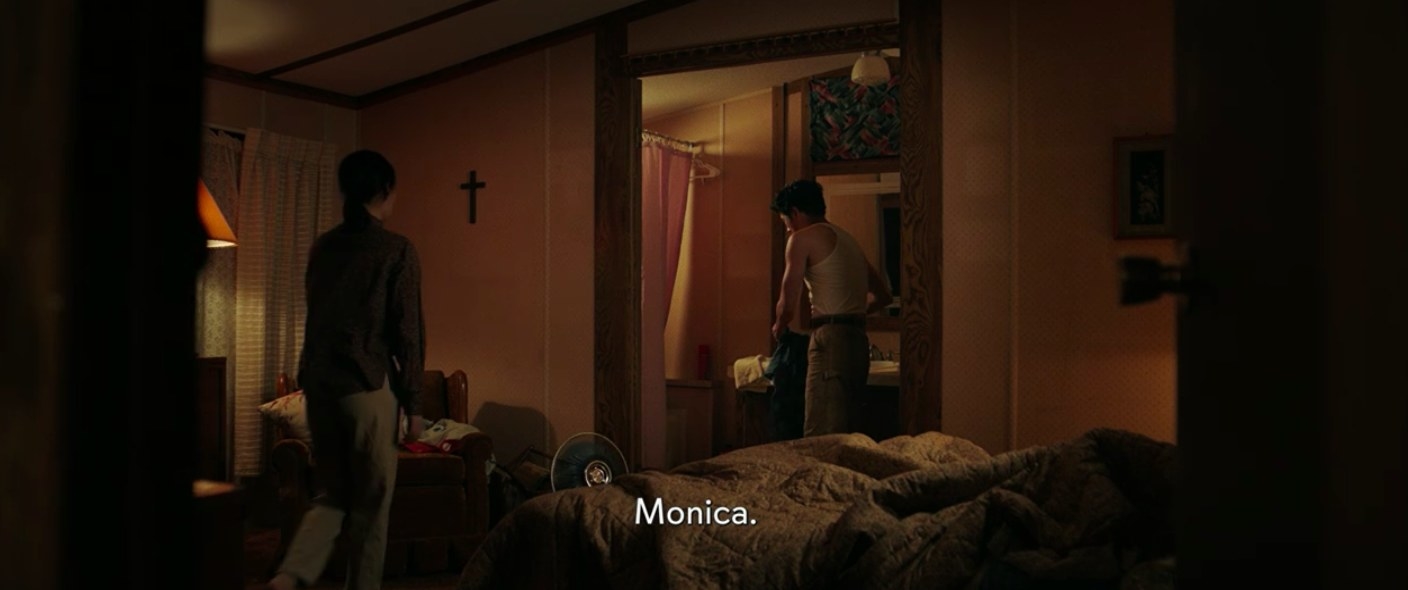
7. When introduced at the chicken-sexing warehouse, Monica slightly bows to her new coworkers as a way to show respect.
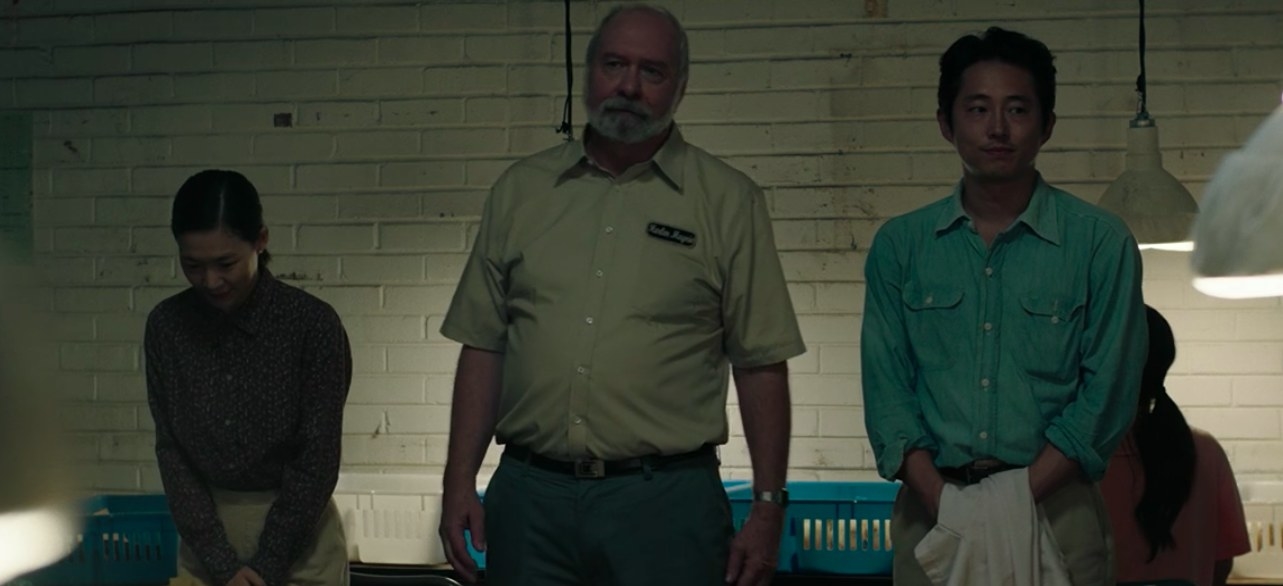
8. At the chicken-sexing warehouse, Monica's friend and coworker claims that Koreans who moved to the countryside were escaping the church.
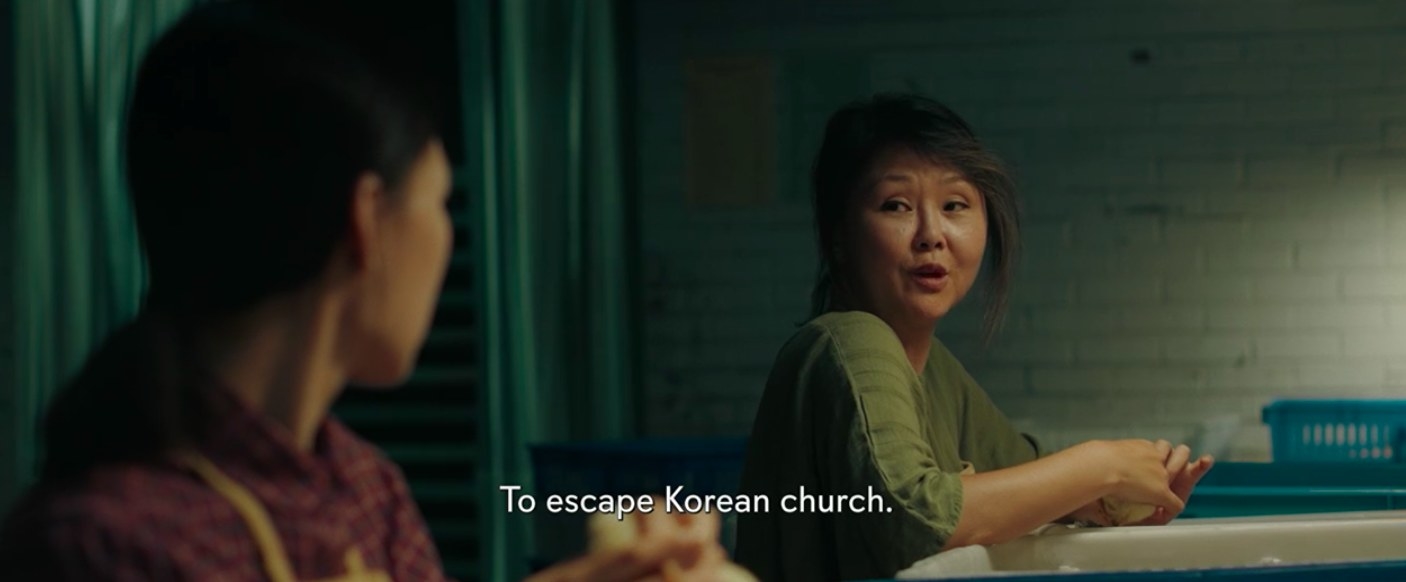
9. The card game that Soon-Ja plays is called Hwatu and is very popular among the older generations.
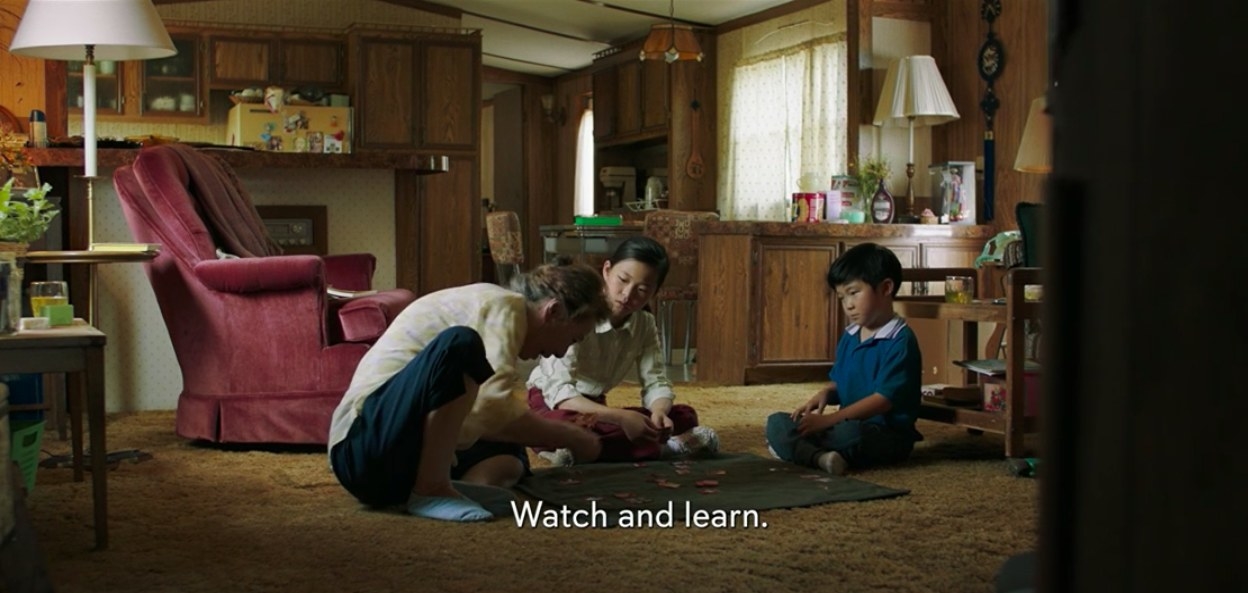
10. Monica cries when Soon-Ja gifts her with a bag of myeolchi (dried anchovies), a key ingredient in several classic Korean dishes.
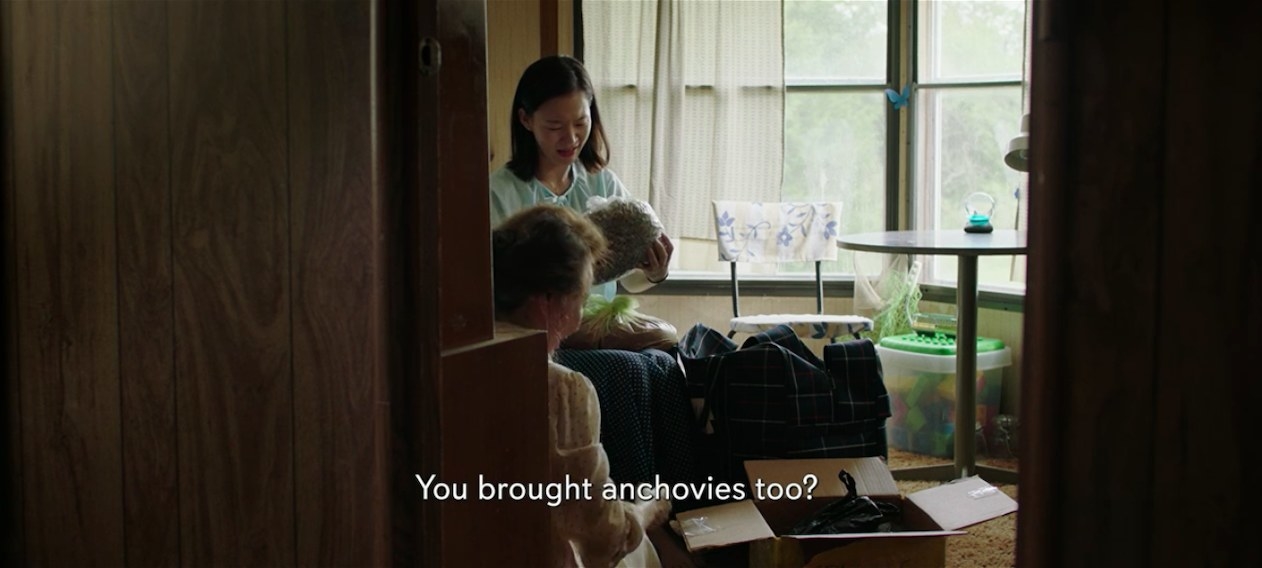
11. In Jacob and Monica's first fight of the movie, Jacob asserts that he's the eldest son in his family and that since he's "taken care" of the family, his job is done. In Korean culture, being the eldest son comes with a heavy burden, one which is almost exclusively centered around providing for the family.
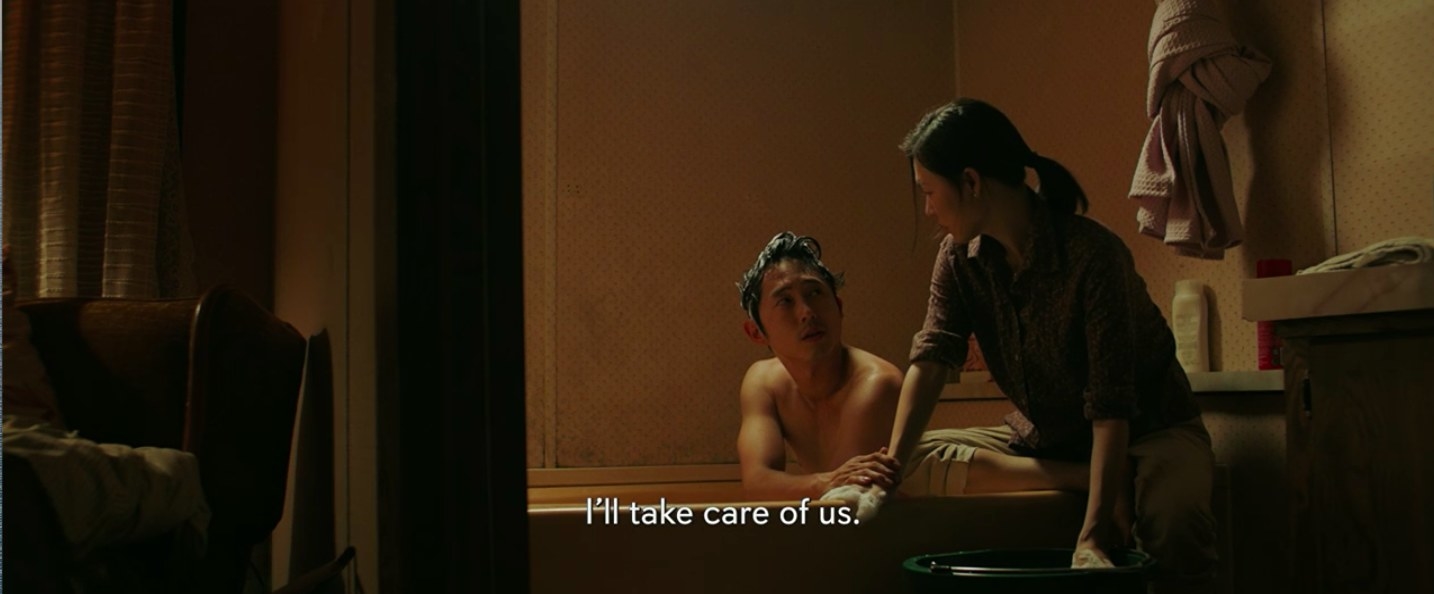
12. Jacob uses metal chopsticks — the preferred type of chopsticks in Korea.
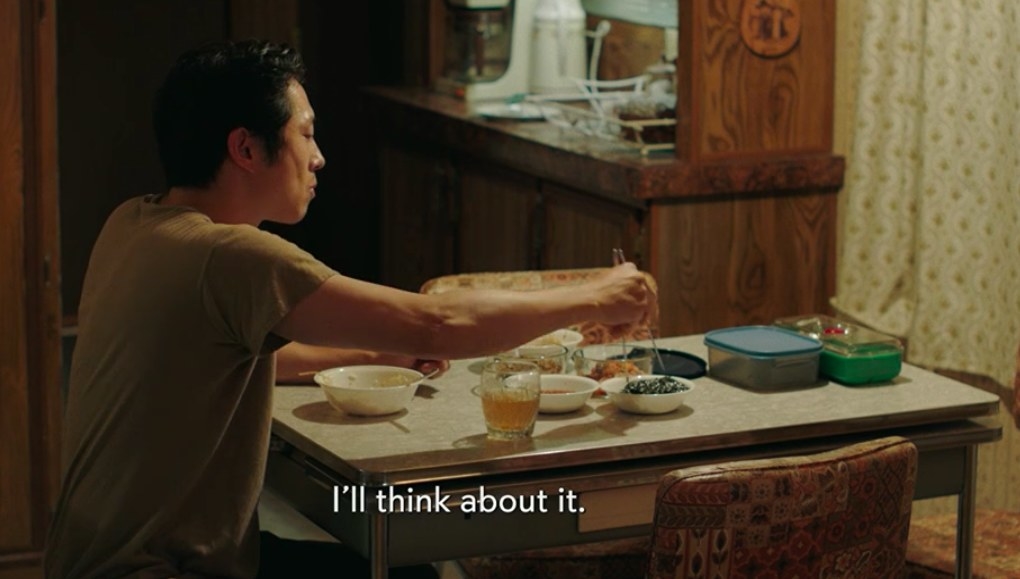
13. Soon-Ja calls David "pretty boy" because "pretty" is a direct translation of the Korean word "yeppeun," a term of endearment for children.
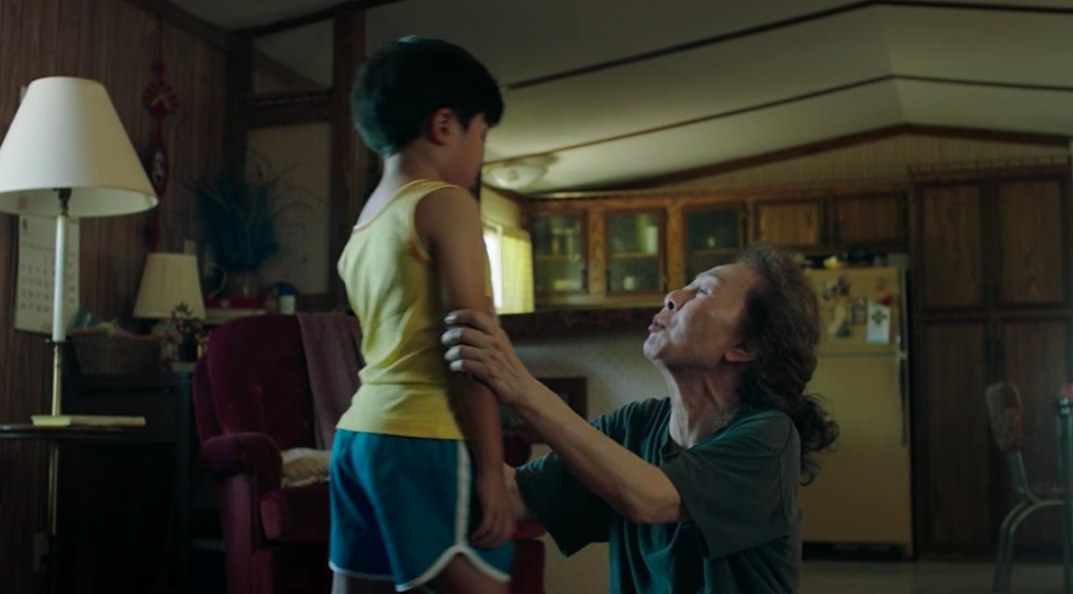
14. In one scene, you can see VHS tapes marked as "Korean Drama Series" stacked in a corner. As recently as the early 2000s, renting illegally copied VHS tapes of popular shows was the easiest way to keep up with South Korean entertainment.
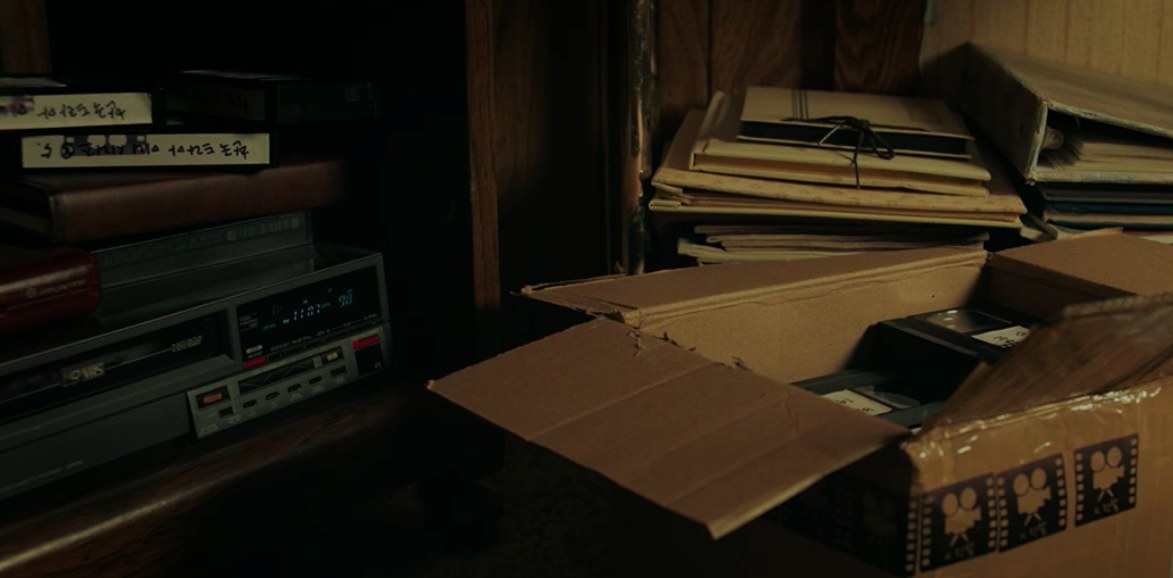
15. When Soon-Ja tries to give Monica an envelope of cash, Monica resists, saying that she should give her money. It's common for a lot of Korean adult children to regularly gift their parents cash.
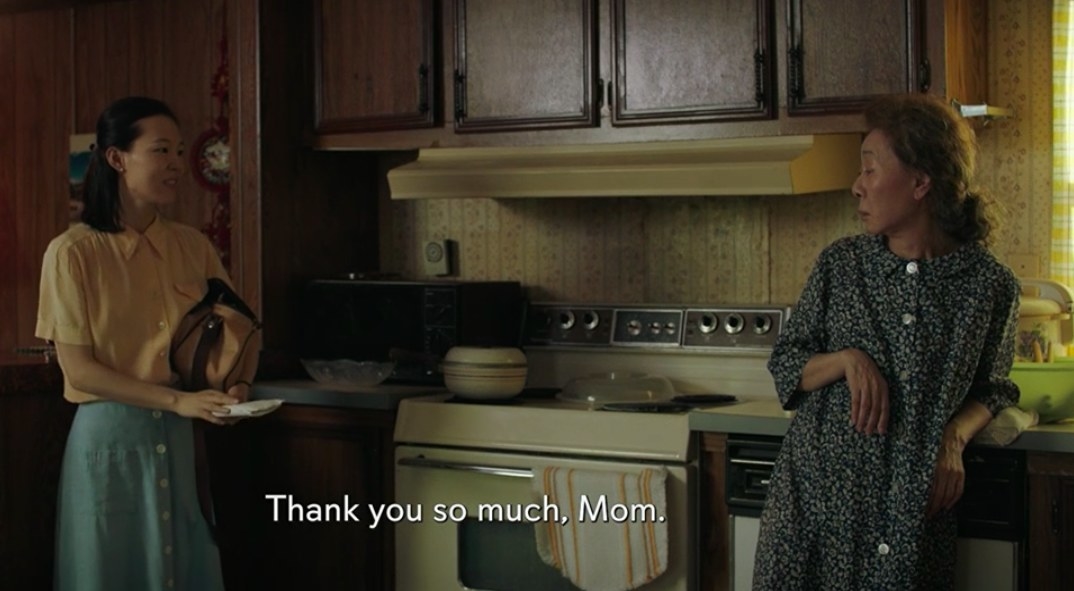
16. This dish is called kimbap and it is, hands down, the best road trip snack out there. I wouldn't be surprised if that's the parting gift the shop owner gave the Yi family.
